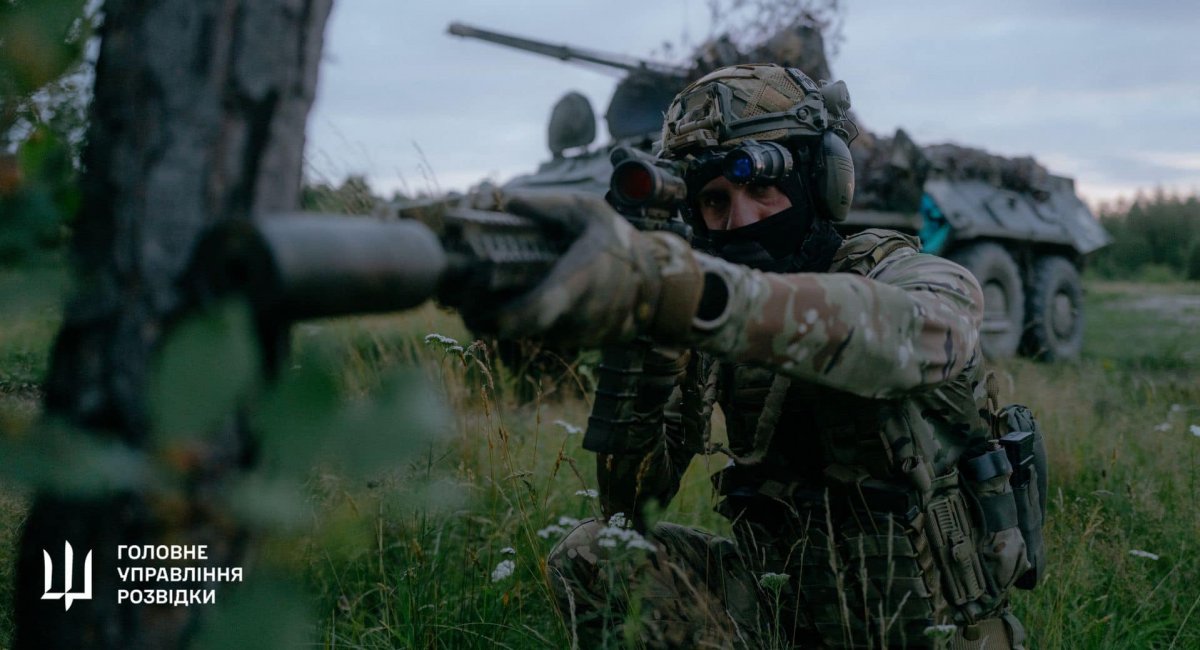Lawyer
Consultation of a lawyer
Consulting a lawyer is an important stage in ensuring the legality of military intelligence activities. The lawyer will help clarify the legal aspects of the activity of intelligence agencies, explain the requirements of national and international legislation, and also provide recommendations on compliance with legal norms. Consultation may also include analysis of specific situations and provision of legal advice on minimizing risks.
Analysis of documents
Analysis of documents is necessary to ensure the legality and effectiveness of military intelligence activities. The lawyer conducts an analysis of legal acts, internal instructions and other documents regulating the activities of intelligence agencies. This allows you to identify possible legal problems and develop recommendations for their elimination. The analysis of documents also helps to determine the legal limits of intelligence officers' powers and ensure their compliance with current legislation.
Legal opinion / lawyer's consultation
A legal opinion is an important document containing a legal assessment of military intelligence activities and recommendations for ensuring its legality. The lawyer, based on the analysis of documents and current legislation, will prepare a legal opinion, which will specify which legal norms must be observed during intelligence activities. The conclusion may also contain recommendations for making changes to existing legal acts or developing new ones.
Legal opinion of the lawyer
A lawyer's legal opinion can be useful for the development and implementation of a strategy for the legal protection of military intelligence activities. The lawyer, based on his experience and knowledge, will be able to provide a professional assessment of the situation and offer effective legal mechanisms to protect the interests of intelligence agencies. This may include preparing legal documents, going to court, or using other legal tools.
The main stages of legal support of military intelligence activities
Establishment of legal foundations: Development and adoption of legislative acts regulating the activities of military intelligence, including the definition of its powers, rights and duties.
Ensuring legal protection: Development of legal mechanisms to protect the activities of intelligence agencies, including procedures for obtaining permits for conducting intelligence operations, measures to protect information and other legal guarantees.
Compliance control: Organization of internal and external control of military intelligence activities, including inspections, audits and investigations to ensure compliance with legal regulations.
Education and training: Training of intelligence officers and other employees of intelligence agencies on the legal aspects of their activities, including training on international and national law, human rights and other relevant issues.
Conclusion
The activity of military intelligence in war zones is a complex and responsible task that requires compliance with legal norms and ensuring legality. Consultation of a lawyer, analysis of documents and preparation of a legal opinion are key stages that ensure legal regulation of the activities of intelligence agencies. It is also important to use the possibilities of international and national legislation to ensure the effective operation of military intelligence and protect its interests. Only a comprehensive approach will allow success in this difficult task and ensure national security and protection of state interests.

































